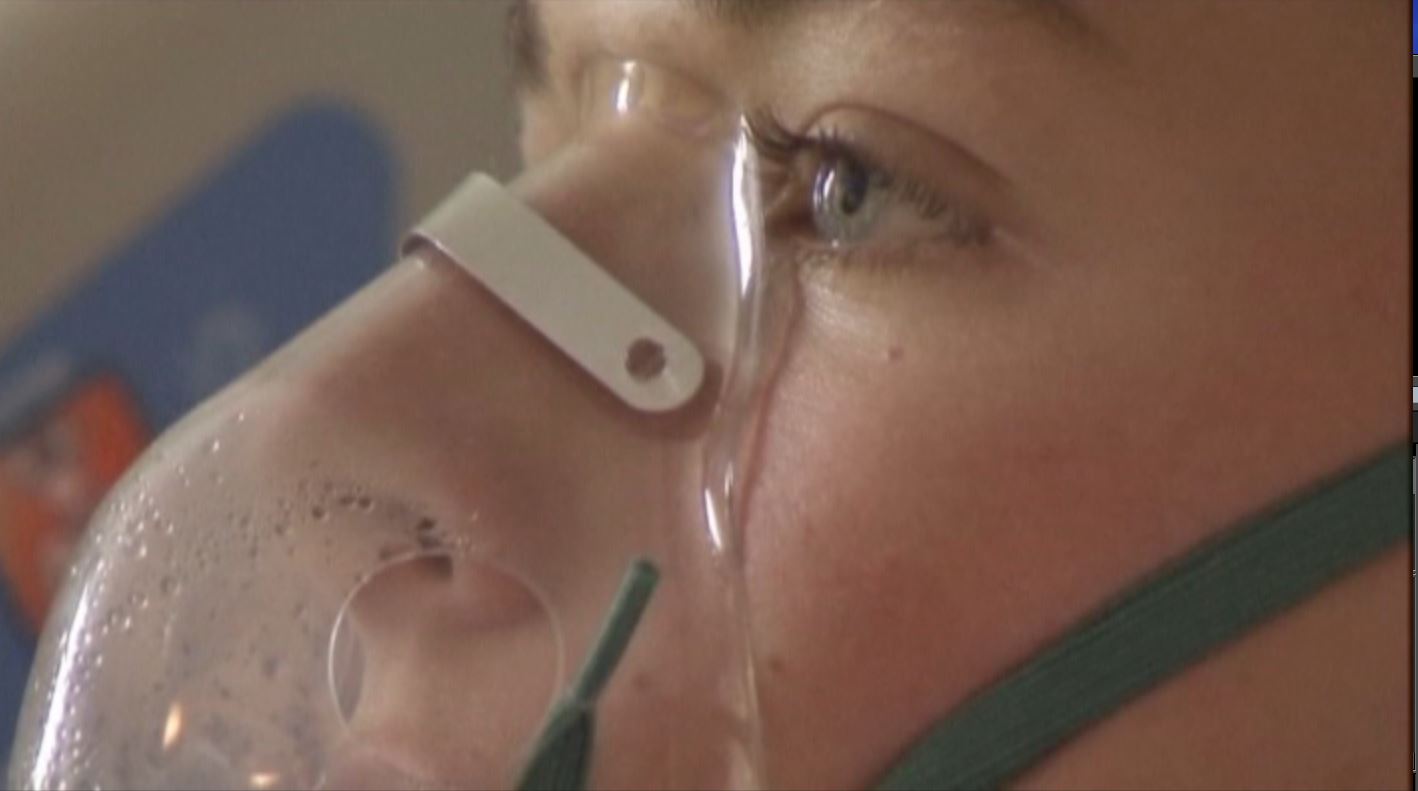The Enterovirus D68 has now been confirmed in South Carolina.
It is a rare virus that is showing up in children causing them to get sick with a serious respiratory-illness.
Linda bell is a state doctor for the South Carolina Department of Health and Environmental Control who is monitoring the virus.
"The Enterovirus is actually a relatively uncommon stain so its not seen frequently, it's not necessarily tested for frequently either but its a concern because it does cause more severe illness particularly in adolescence to young children", said Bell.
As of yet, no cases have been reported in the Midlands but they're keeping an eye out just in case.
"We do ask providers to report clusters of diseases to us so that's when we get involved when we see a higher then expected number of cases", said Bell.
And through her research, she's able to identify the virus.
"It effects the upper respiratory system generally so when an individual was infected with the virus they can spread it to other people by respiratory droplets but it can also be spread by touching a surface that has been contaminate by somebody who has the infection", said Bell.
Palmetto Health's children's doctors are among those keeping an eye out for the virus. Dr. Anna-Kathryn Rye gave us three simple rules to protect yourself
"Number one first and foremost, you need to wash your hands. That is the key in general from not getting any kind of respiratory illnesses and other illnesses but specifically for this Enterovirus D68. Number two, if you are sick stay home. If your children are sick do not send them to school or daycare because you are just spreading that virus to other people. Number three, if you do cough or you have sneezes you need to actually do that in your coat sleeve [...] or in your shirt sleeve and not in your hands if all possible [...] but if you do cough or sneeze in your hands you need to wash them immediately", said Rye.
Advice that health officials hope you will follow all year long.
"This is one that is relatively rare and can occur sporadically at various times of the year", said Bell.


![Respiratory Virus [ID=16237667]](http://moc-assets-prod.gannett-cdn.com/-mm-/958a85d5d6061da21aafe87e4f9dbc24b4a535f9/r=500x278/local/-/media/WLTX/None/2014/09/25/1411691658000-Respiratory-Virus.JPG)
